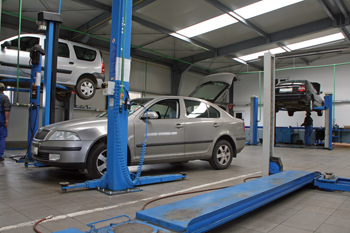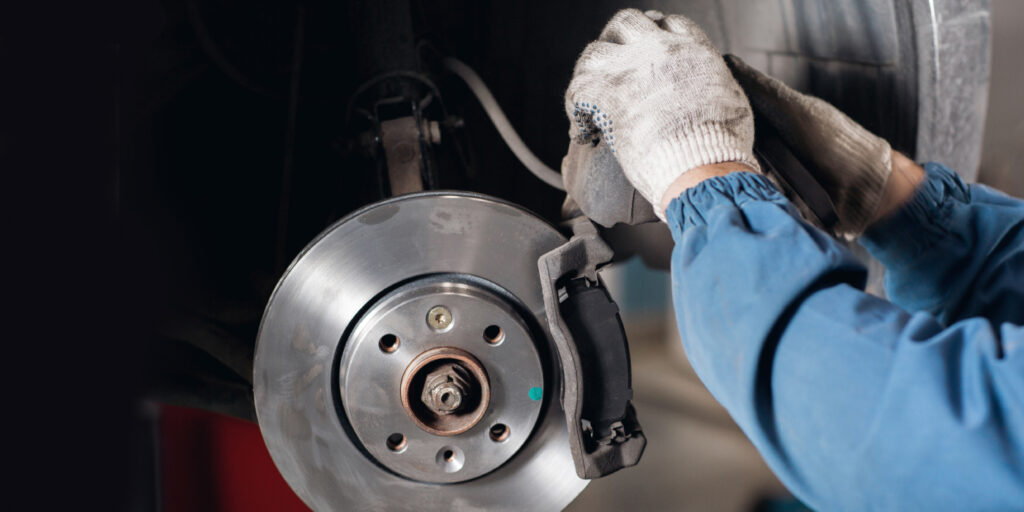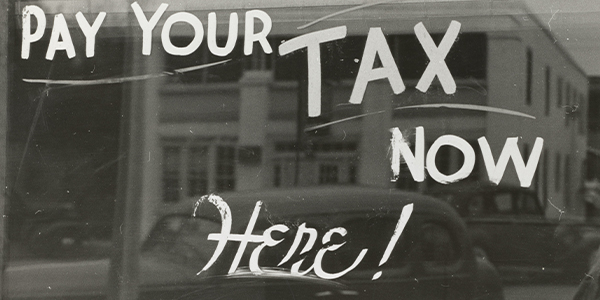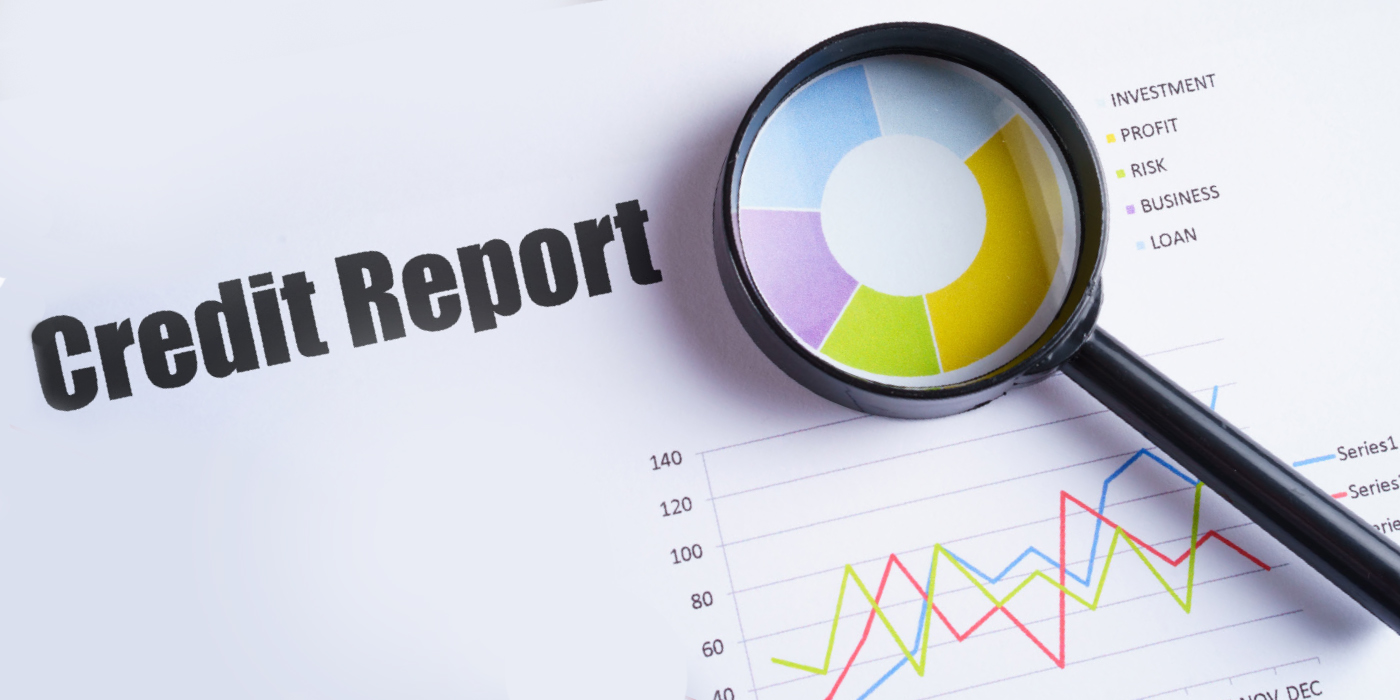by Richard Lipton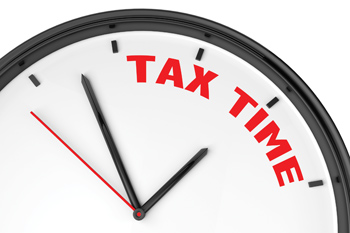
Richard L. Lipton CPA & Associates, LLC 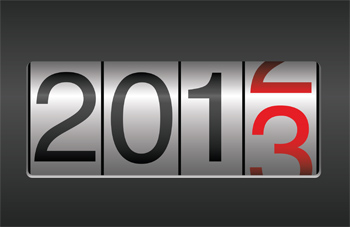
Standard Mileage Rates: The standard mileage rate in 2012 is 55.5 cents per business mile driven, 23 cents per mile driven for medical or moving purposes, and 14 cents per mile driven in service of charitable organizations.
Health Care Tax Credit for Small Businesses: Small business employers who pay at least half the premiums for single health insurance coverage for their employees may be eligible for the Small Business Health Care Tax Credit, as long as they employ fewer than the equivalent of 25 full-time workers and average annual wages do not exceed $50,000. The credit can be claimed in tax years 2010 through 2013, and for any two years after that. The maximum credit that can be claimed is an amount equal to 35% of premiums paid by eligible small businesses.
Credit for Hiring Qualified
Veterans: The maximum credit that employers can take for hiring qualified veterans in 2012 is $9,600 per worker for employers that operate for-profit businesses, or $6,240 per worker for tax-exempt organizations. See Facts About The Veterans Opportunity to Work (VOW) to Hire Heroes Act of 2011 at www.liptoncpa.com/newsletter.php?date=122012#2
Section 179 Expensing: In 2012, the maximum Section 179 expense deduction for equipment purchases is $139,000 ($174,000 for qualified enterprise zone property) of the first $560,000 of certain business  property placed in service during the year. The bonus depreciation is 50% for qualified property that exceeds the threshold amount.
property placed in service during the year. The bonus depreciation is 50% for qualified property that exceeds the threshold amount. 